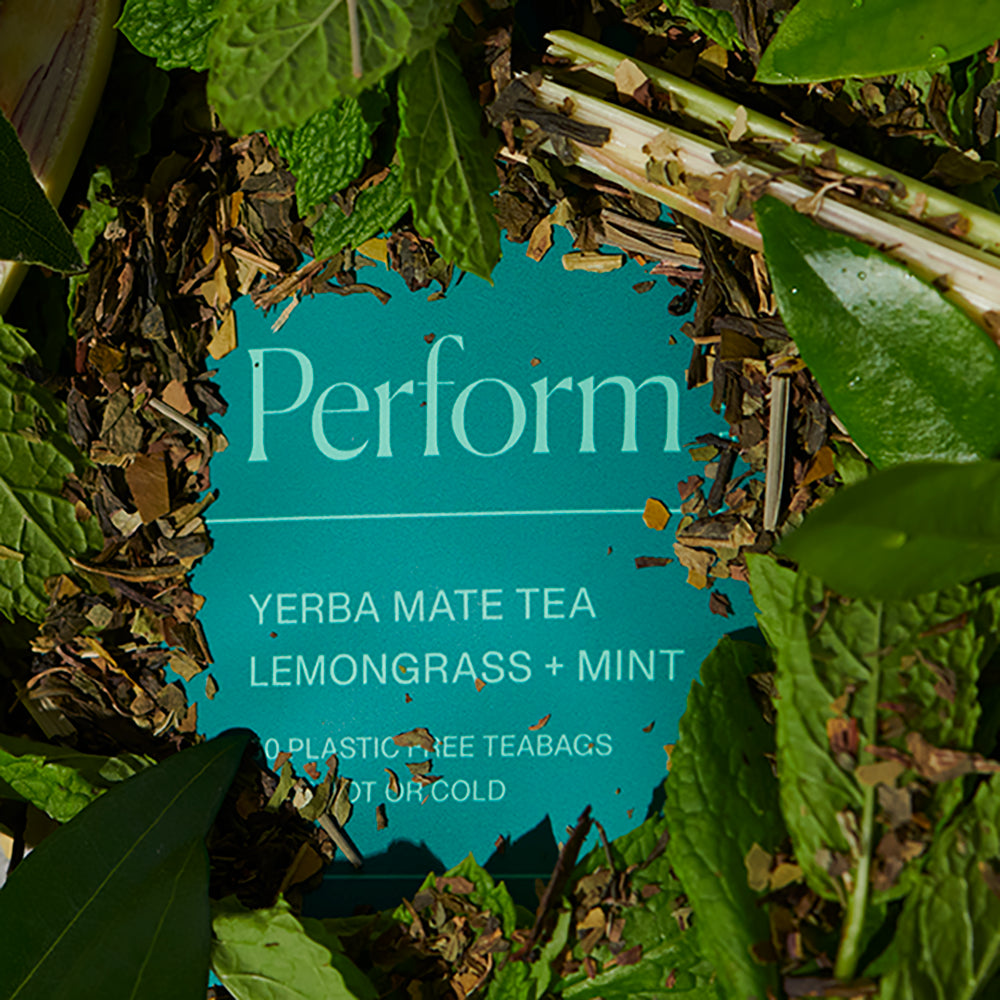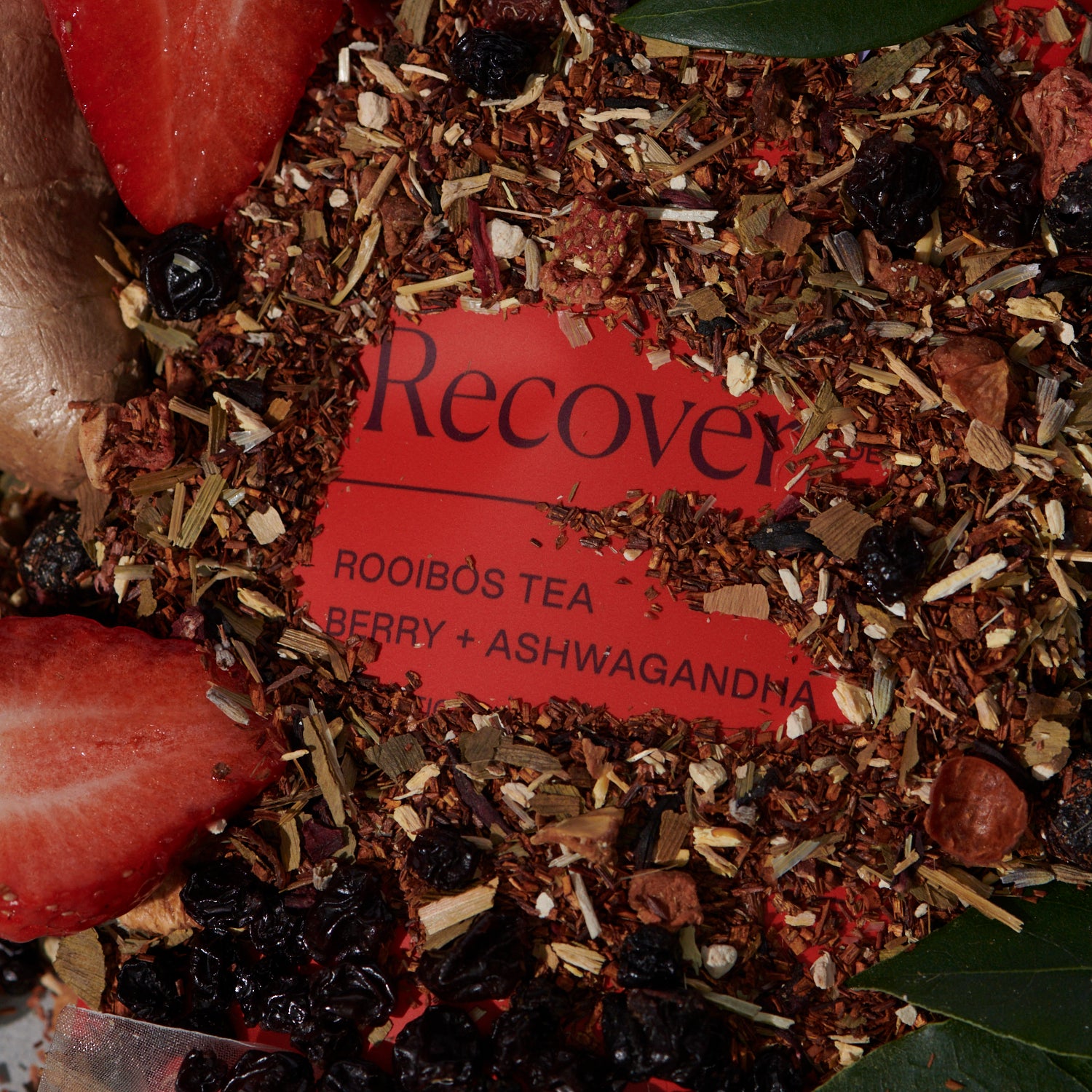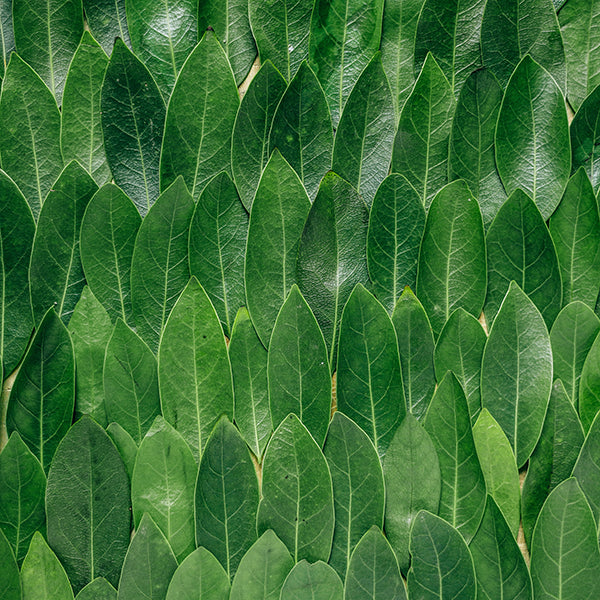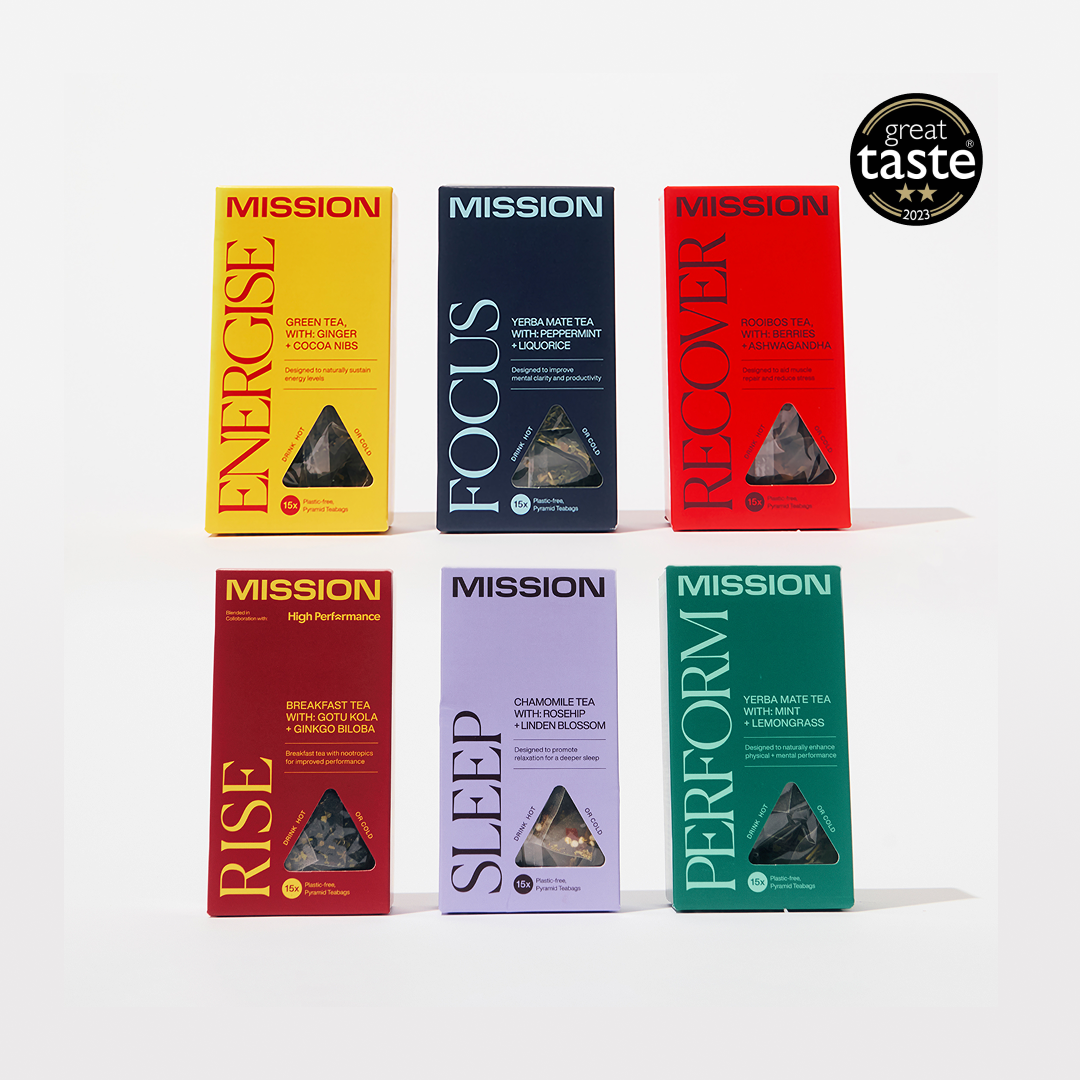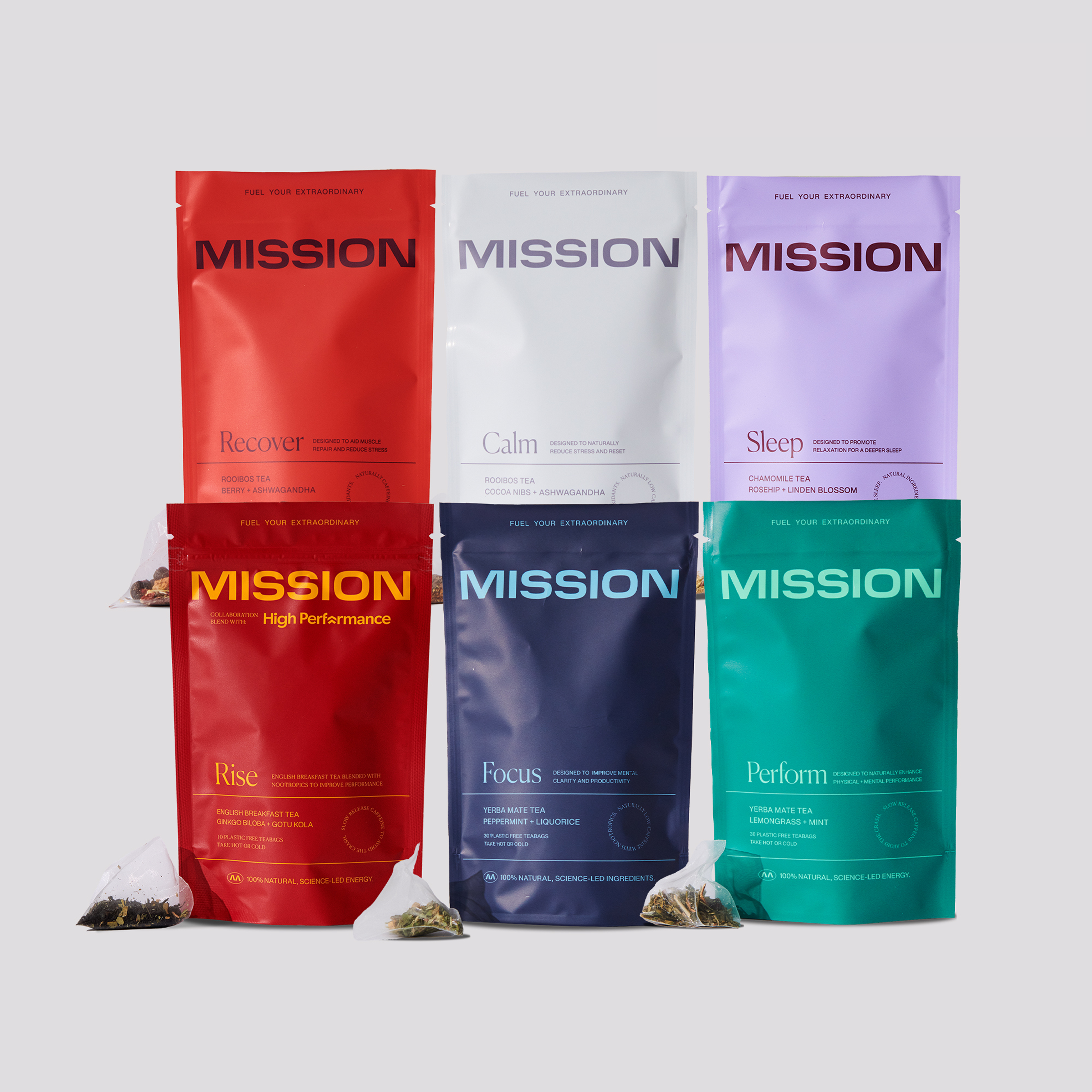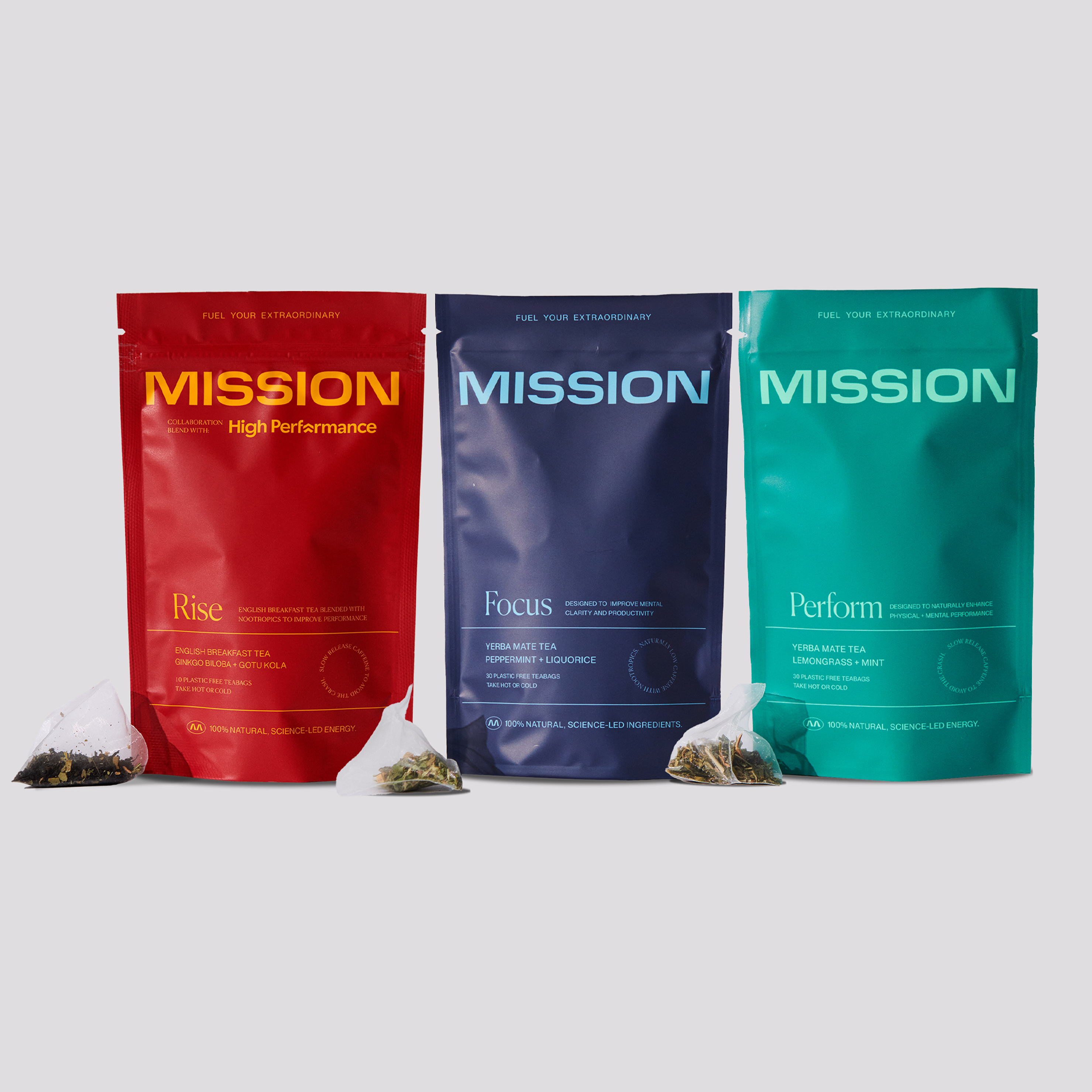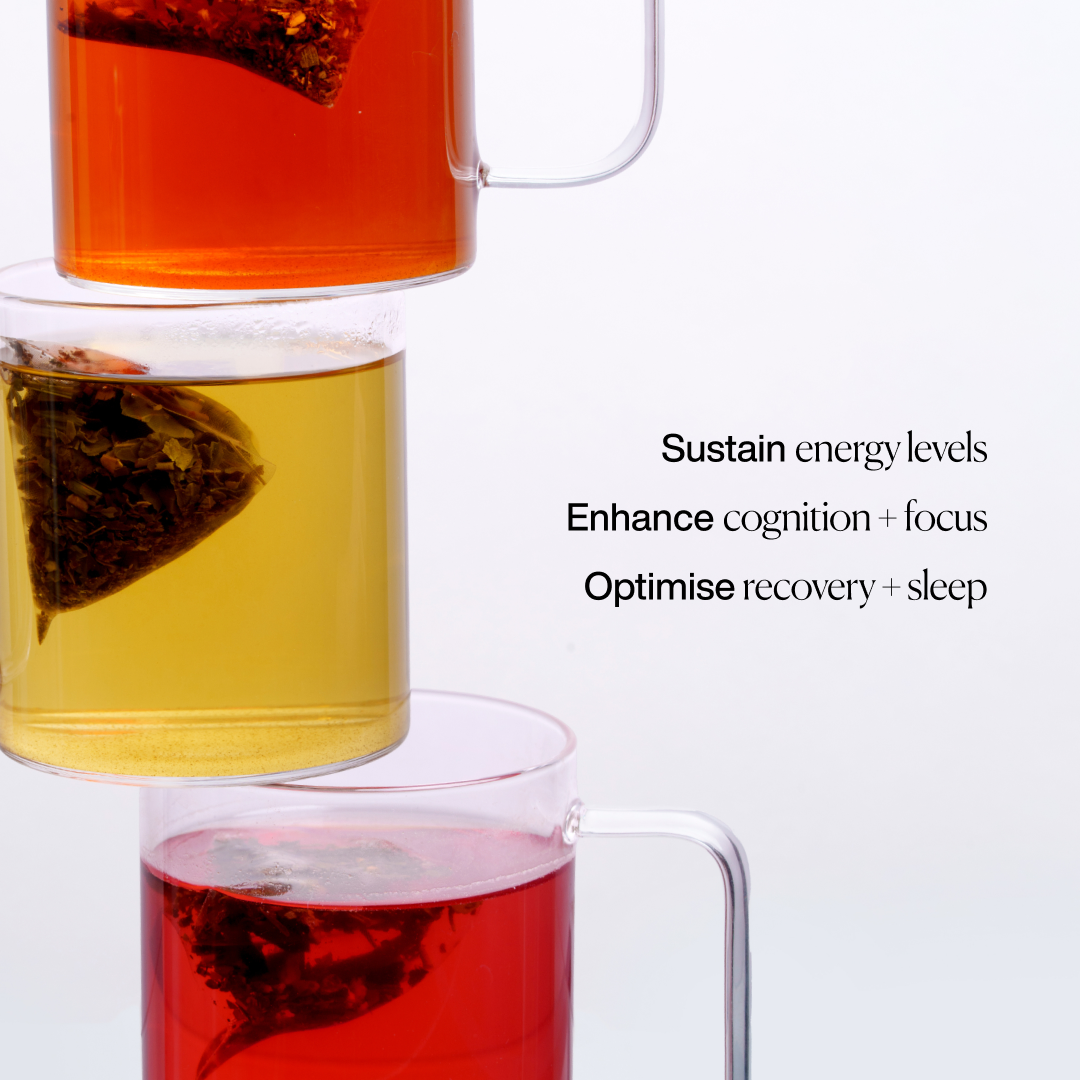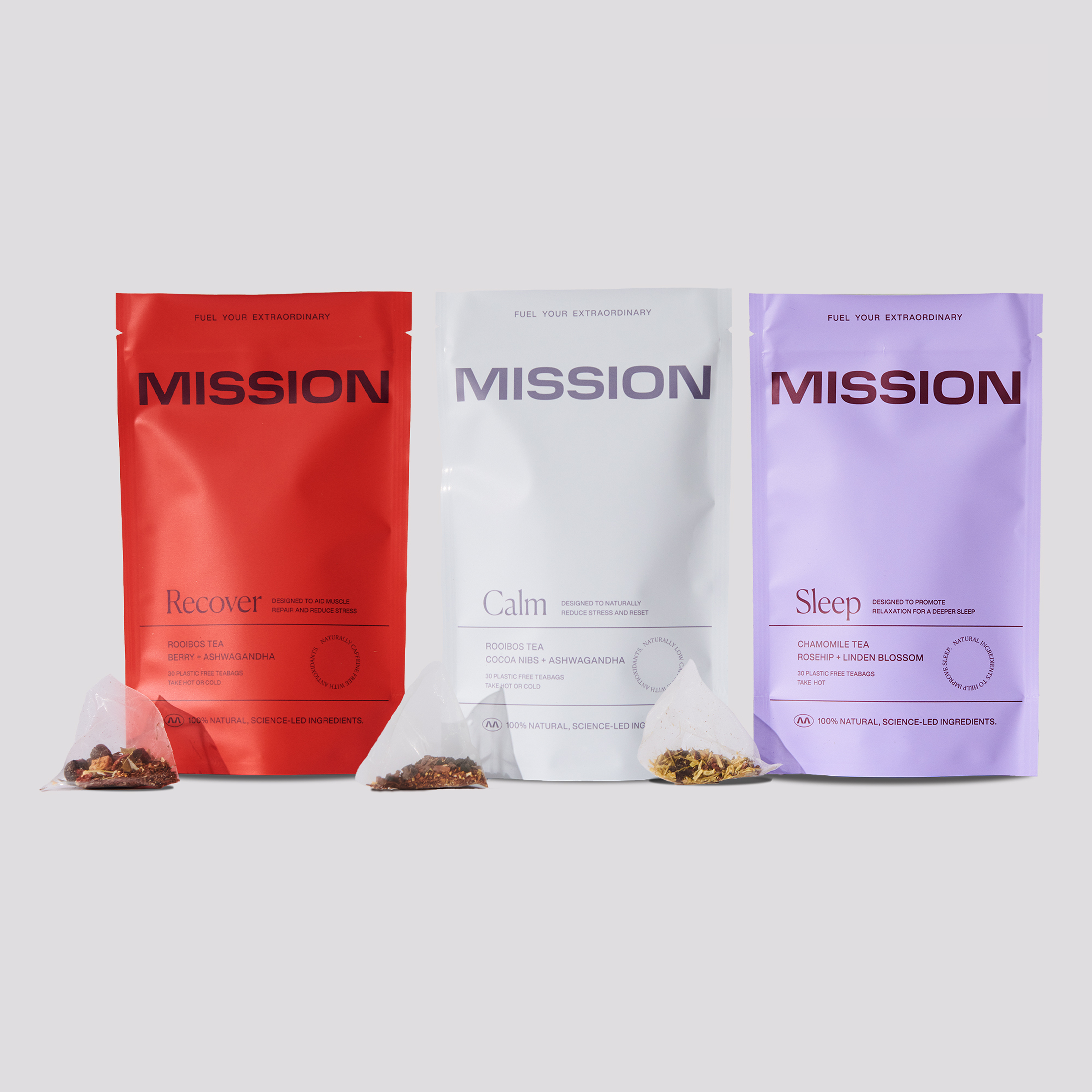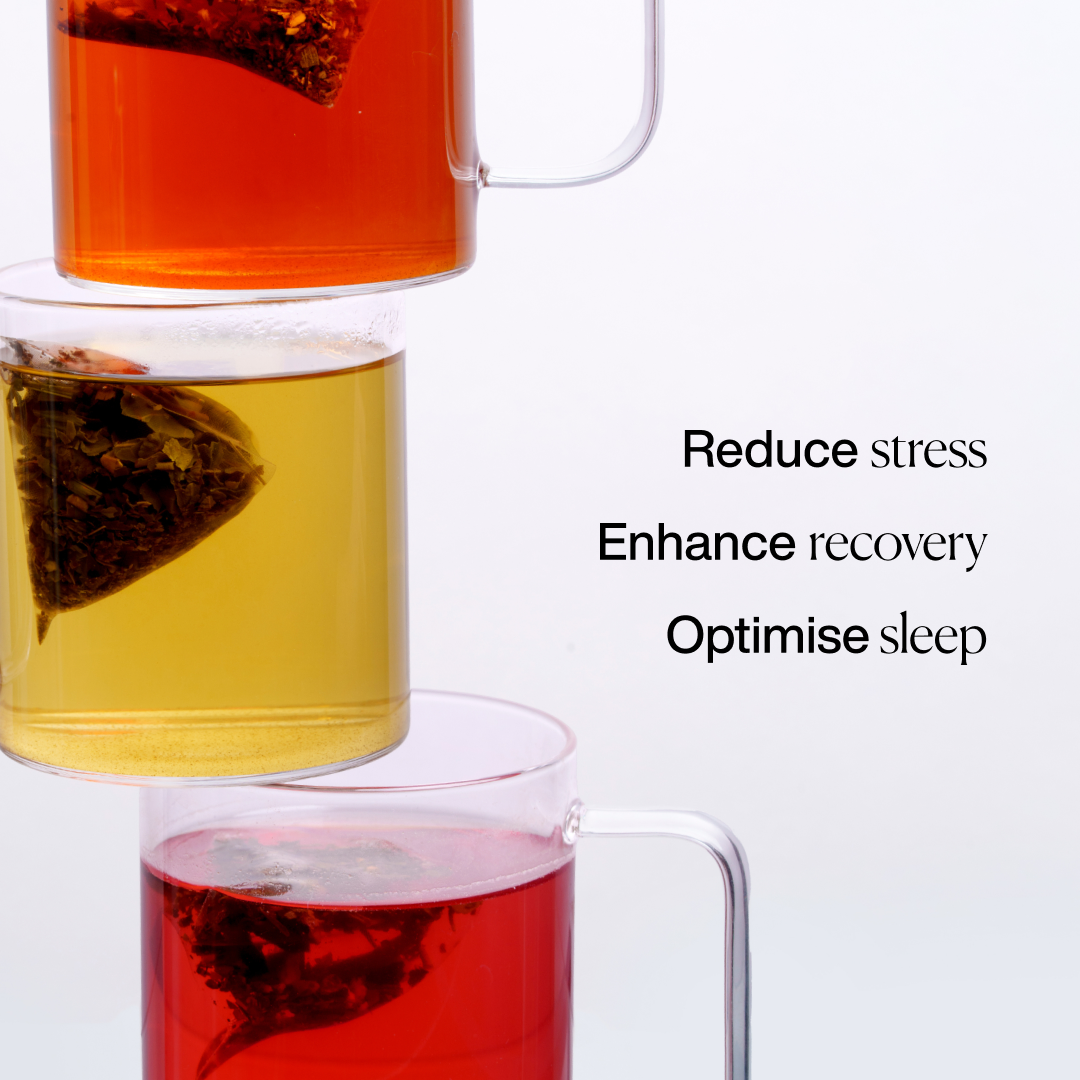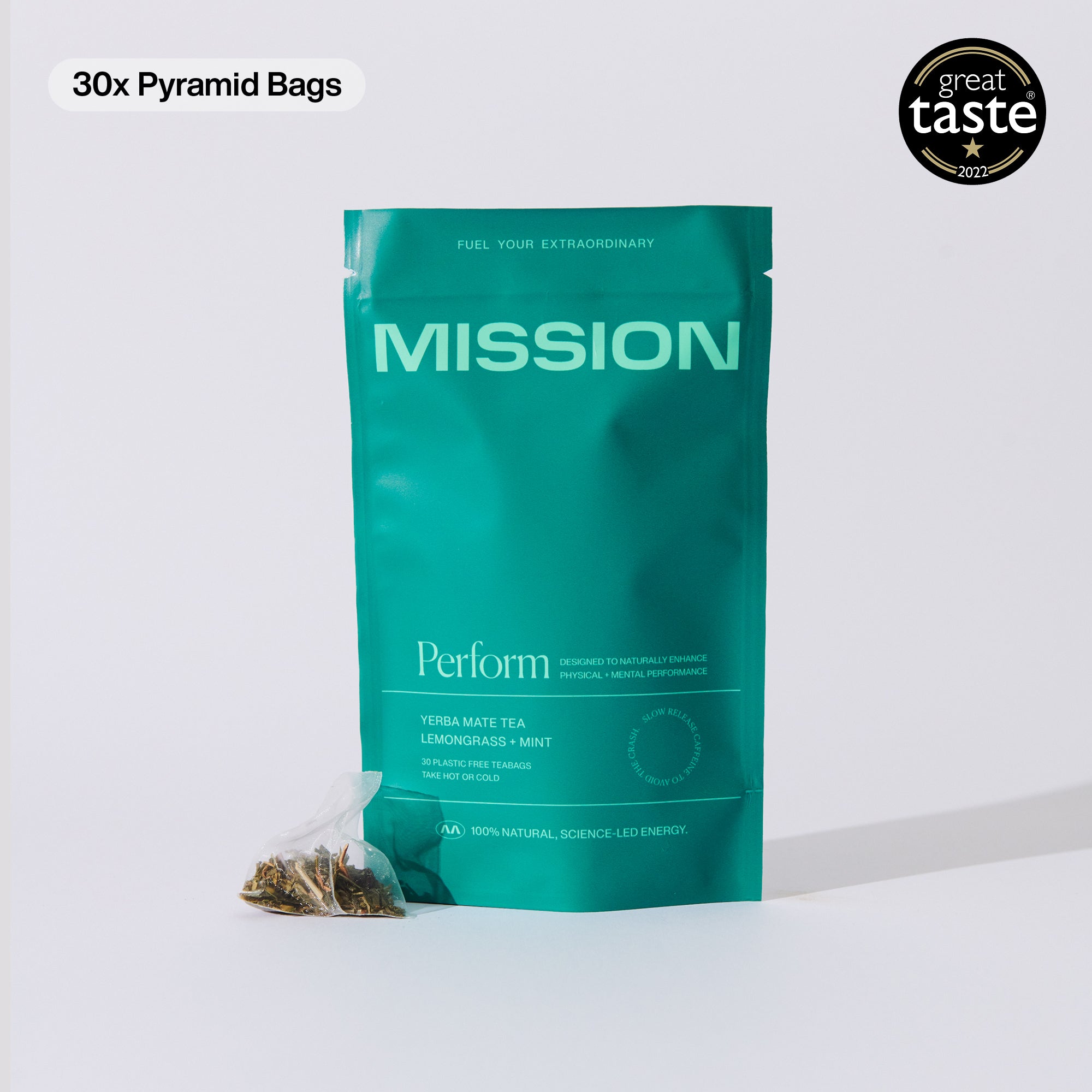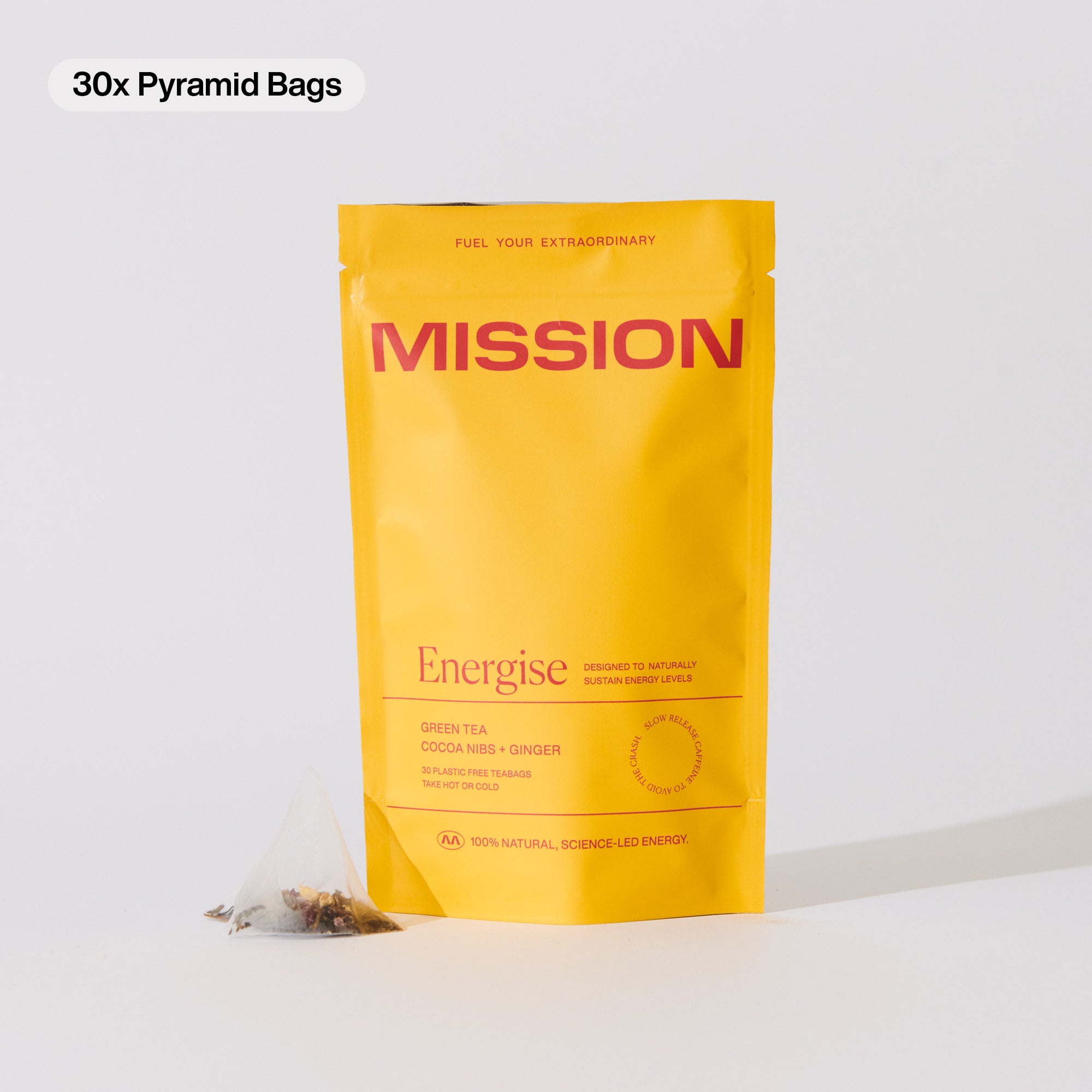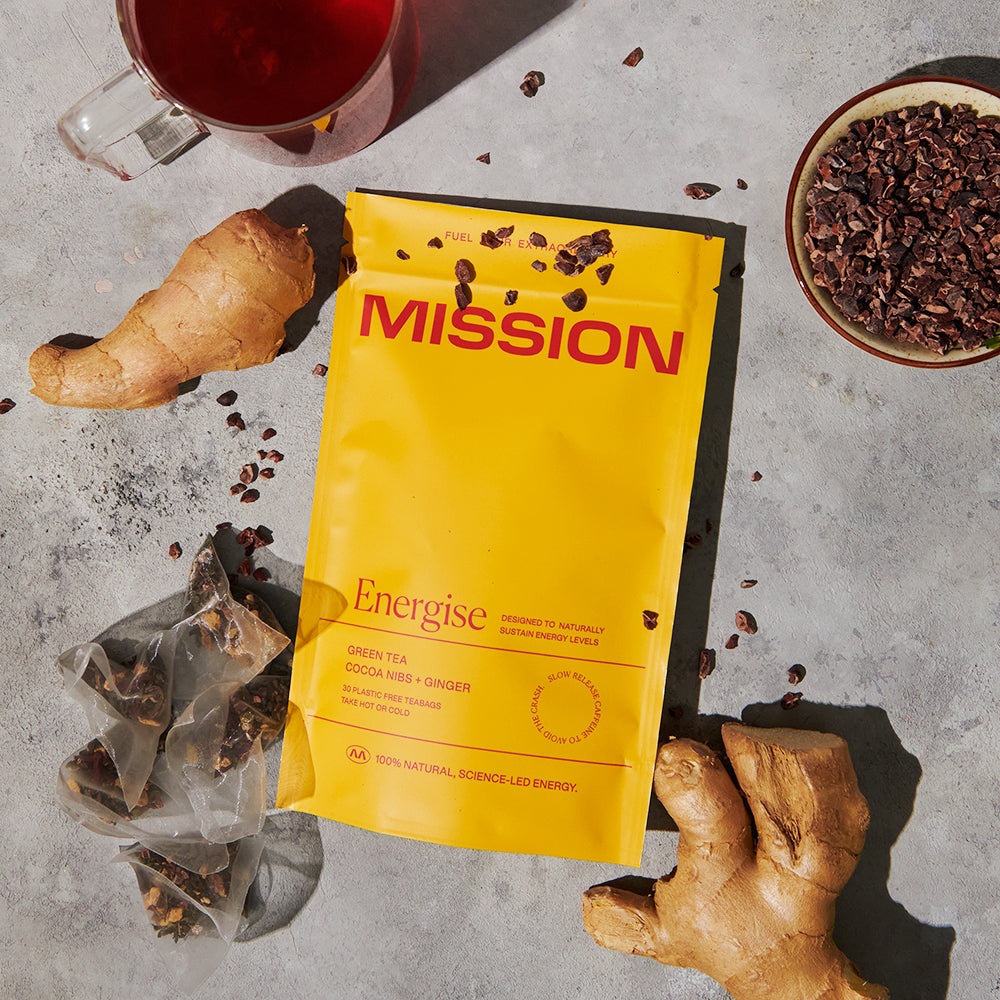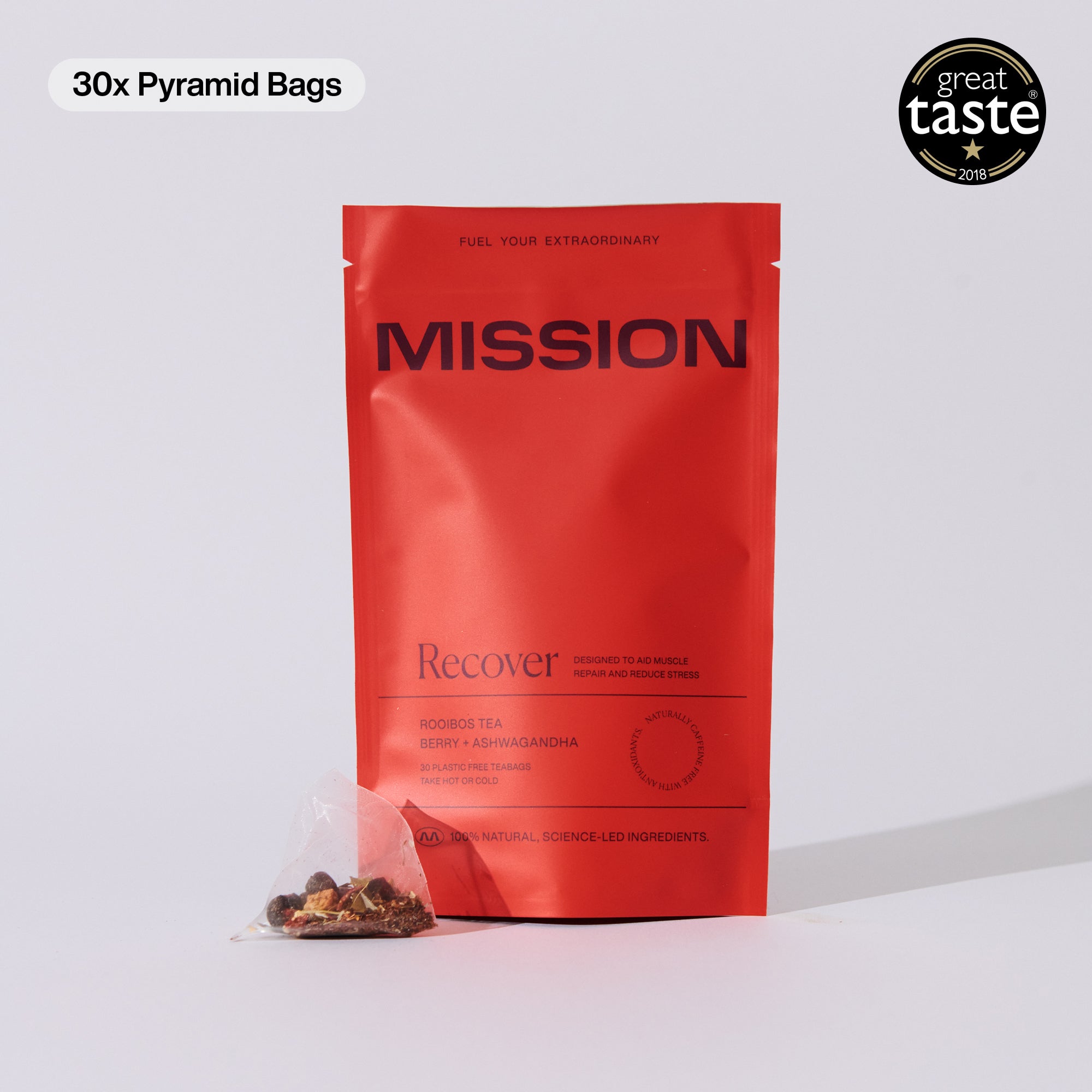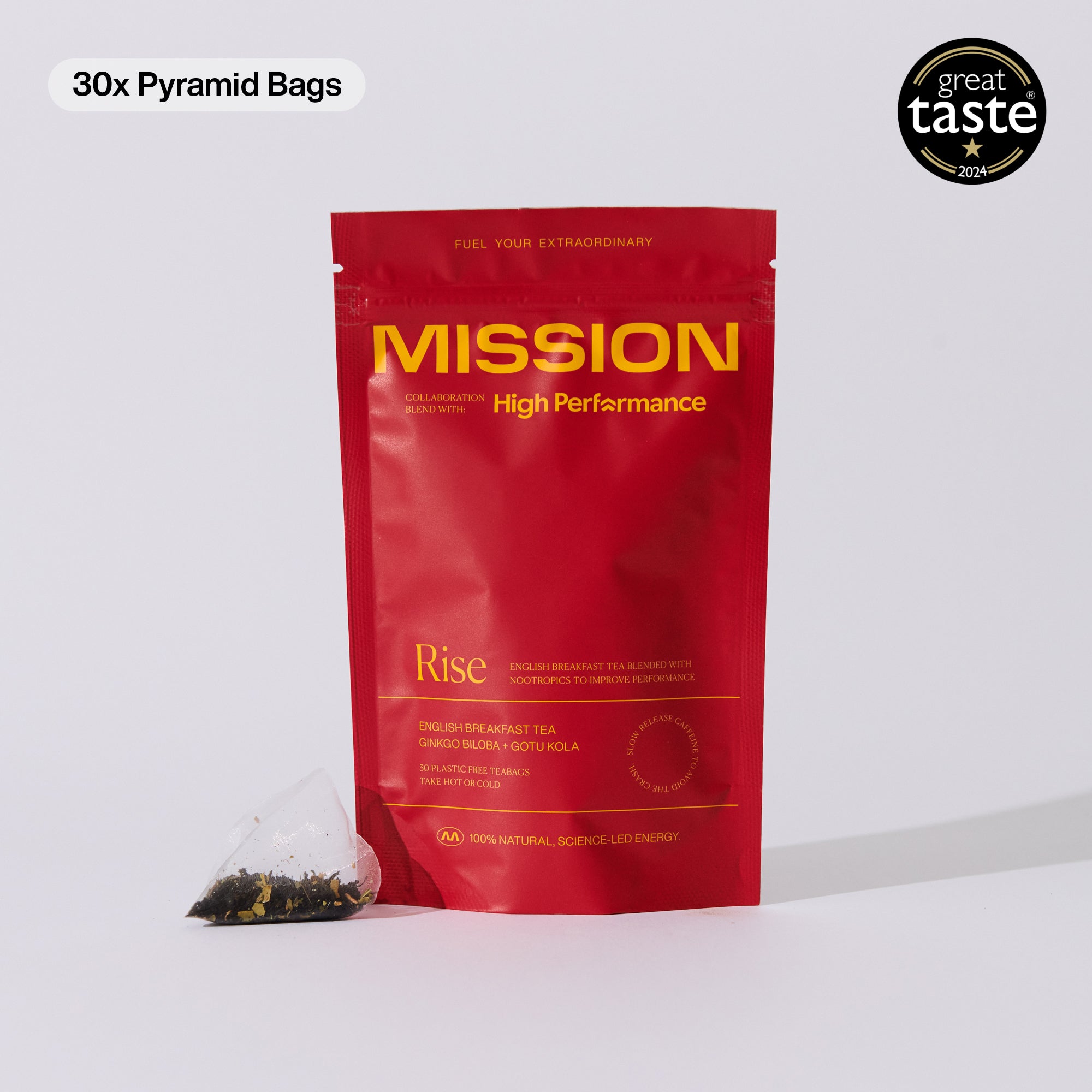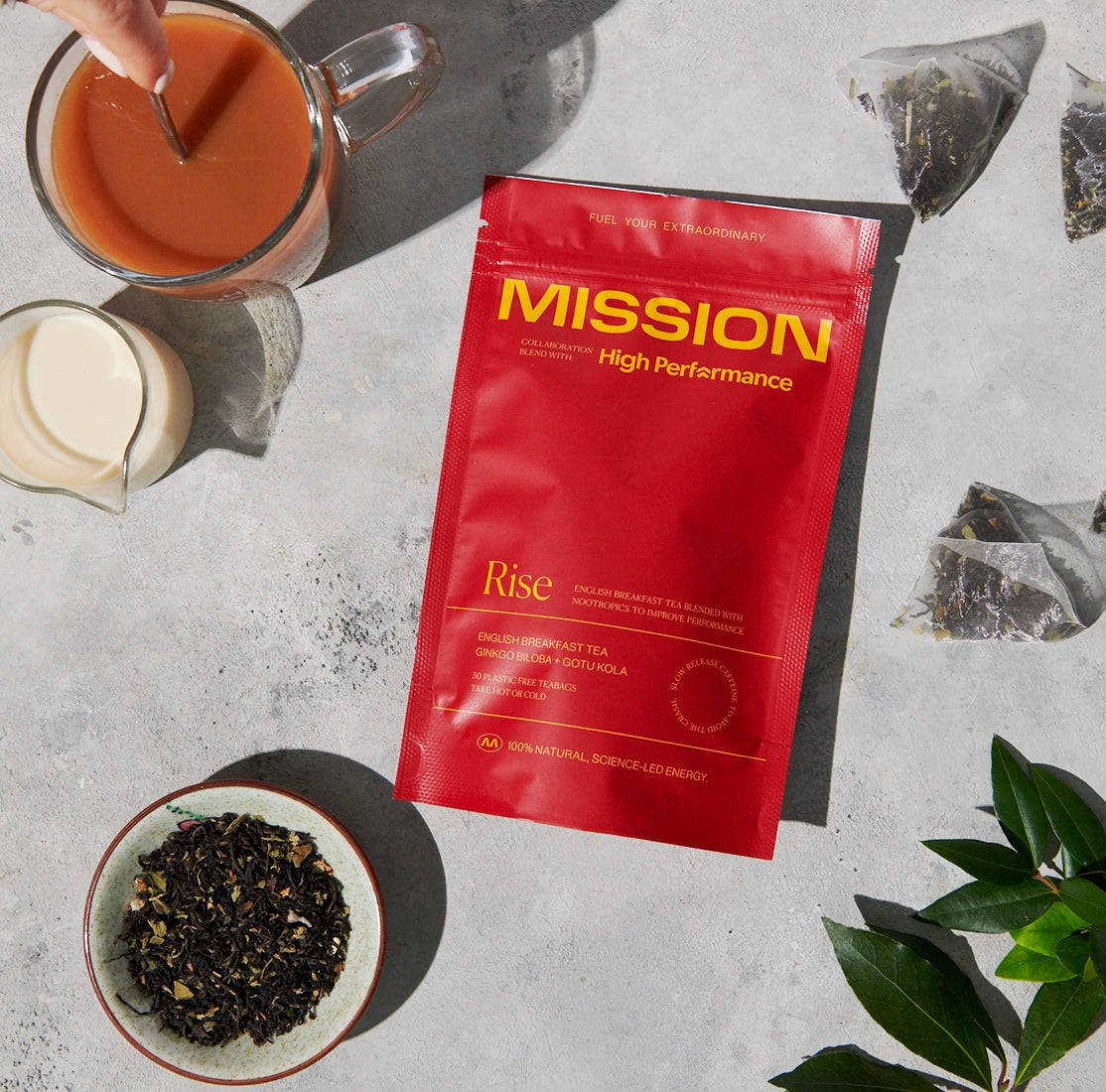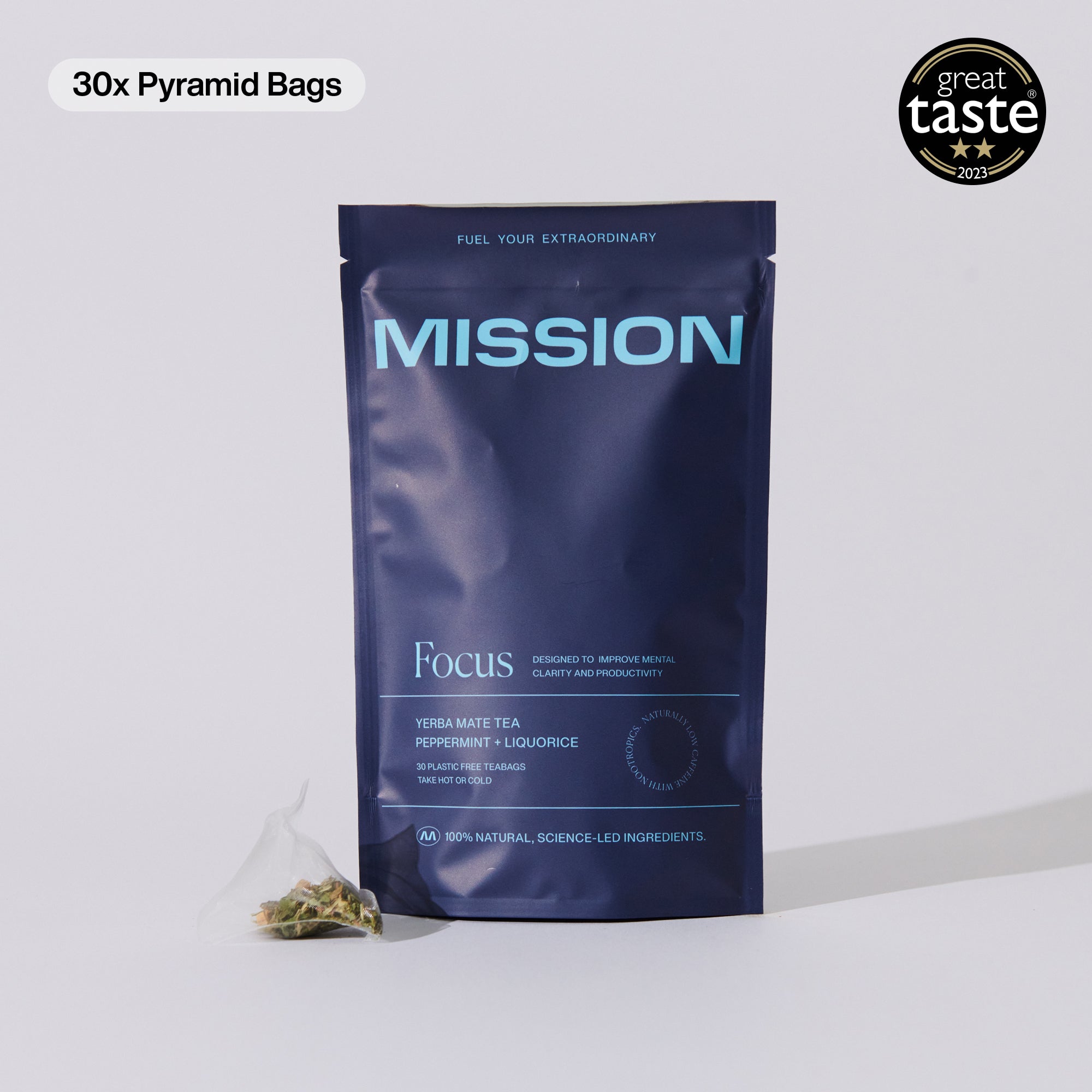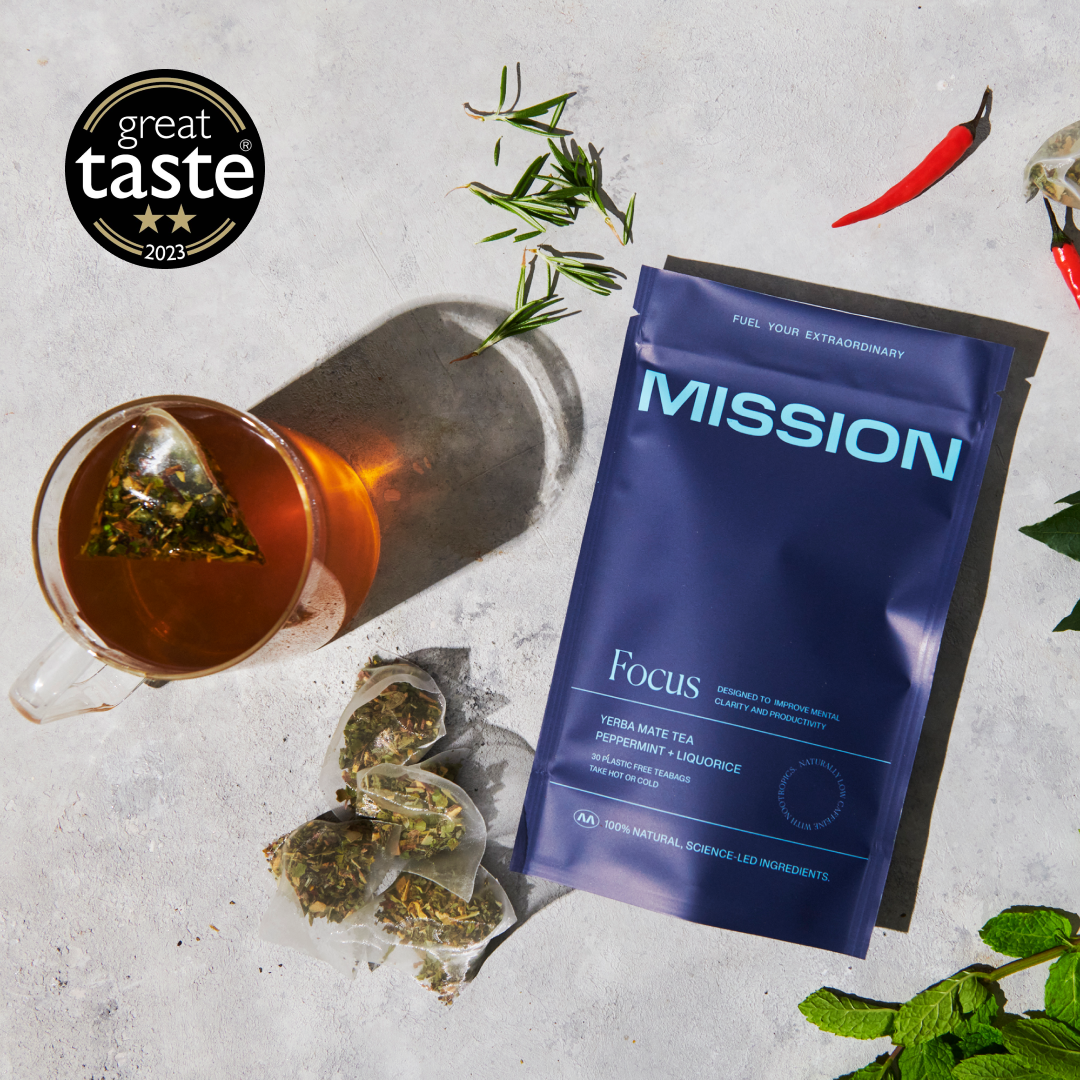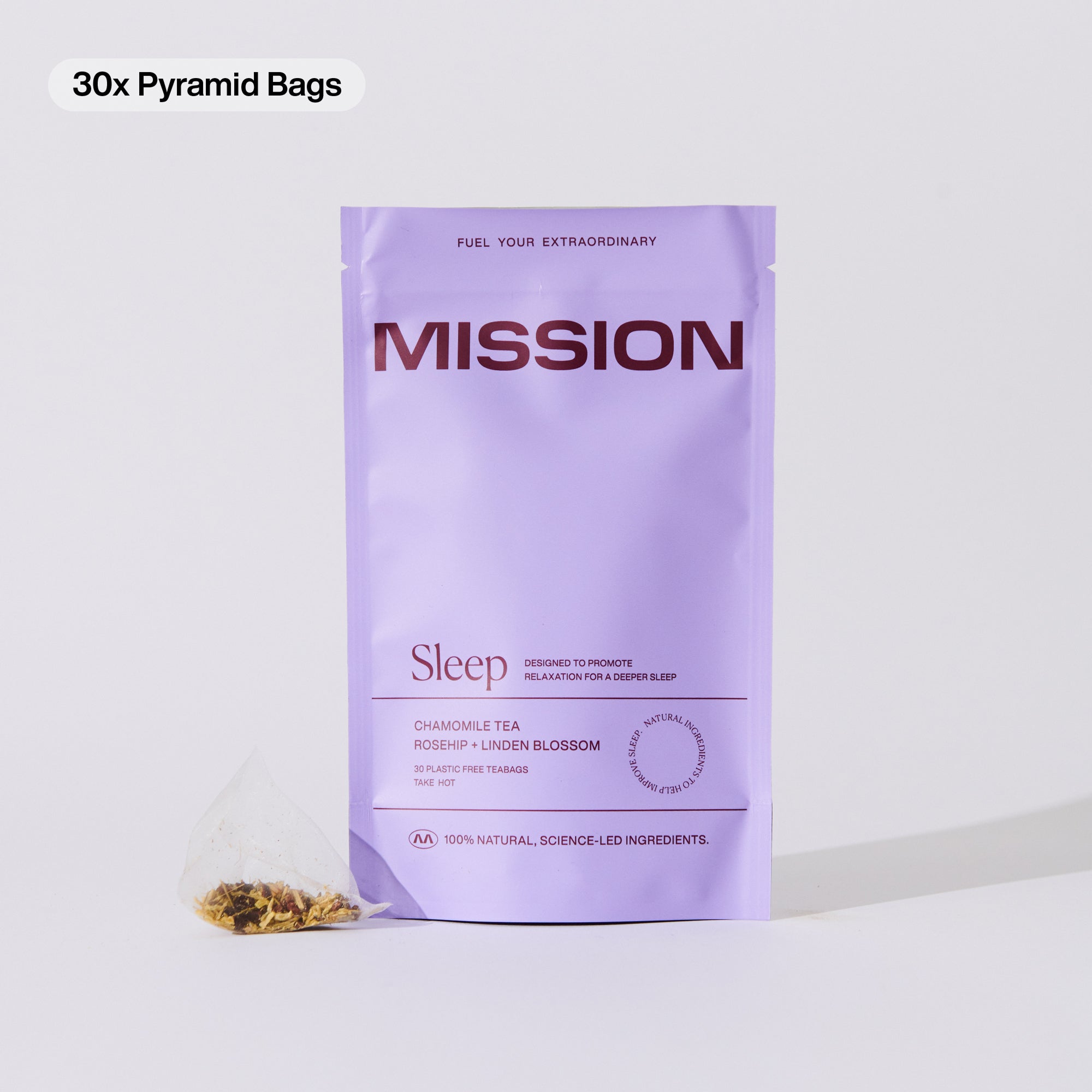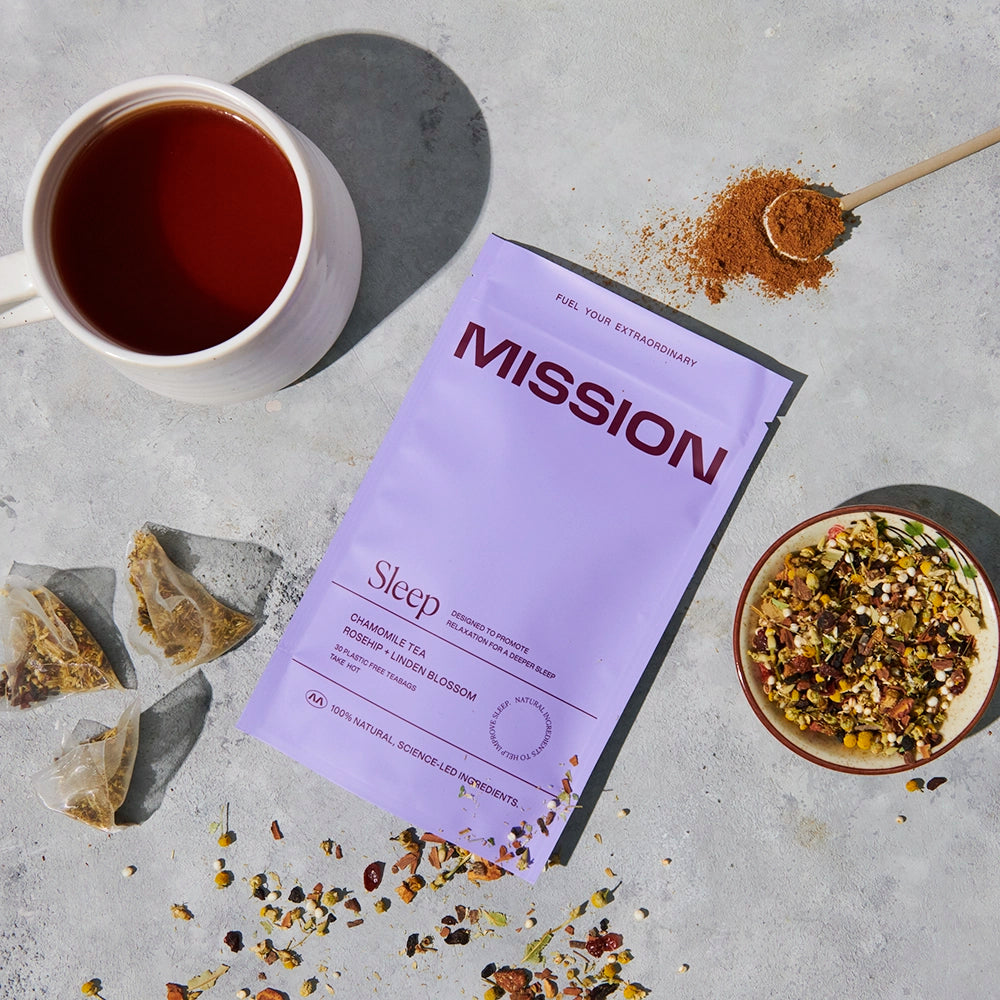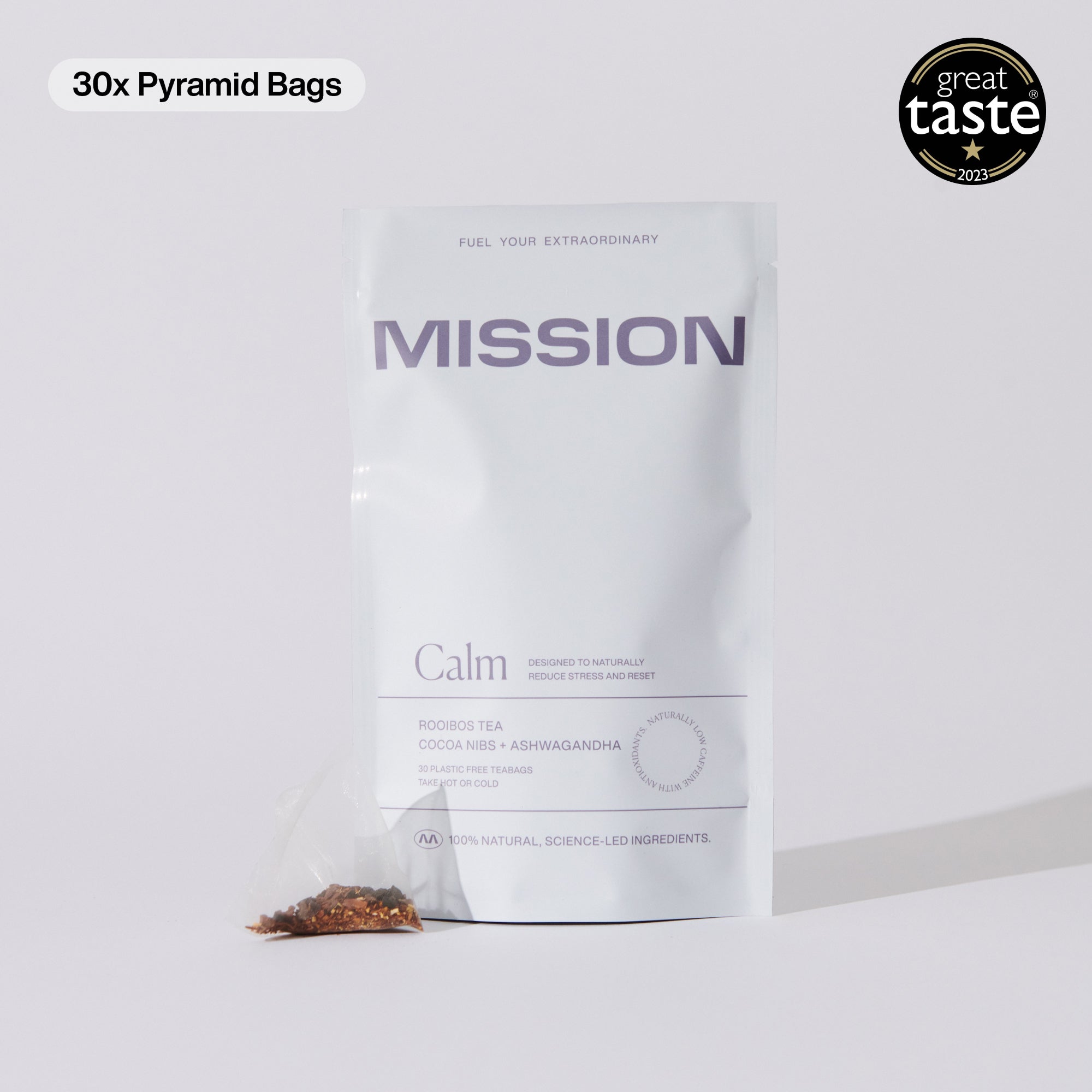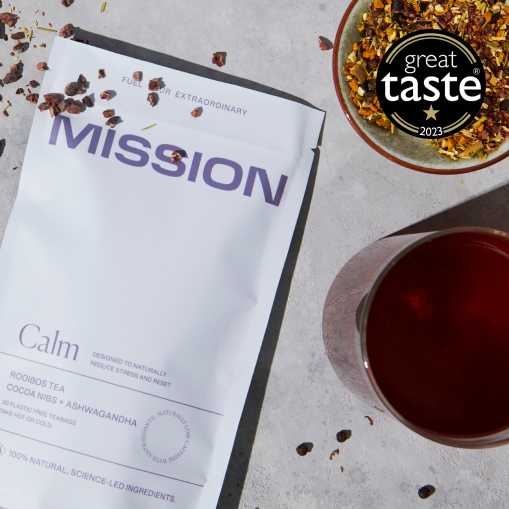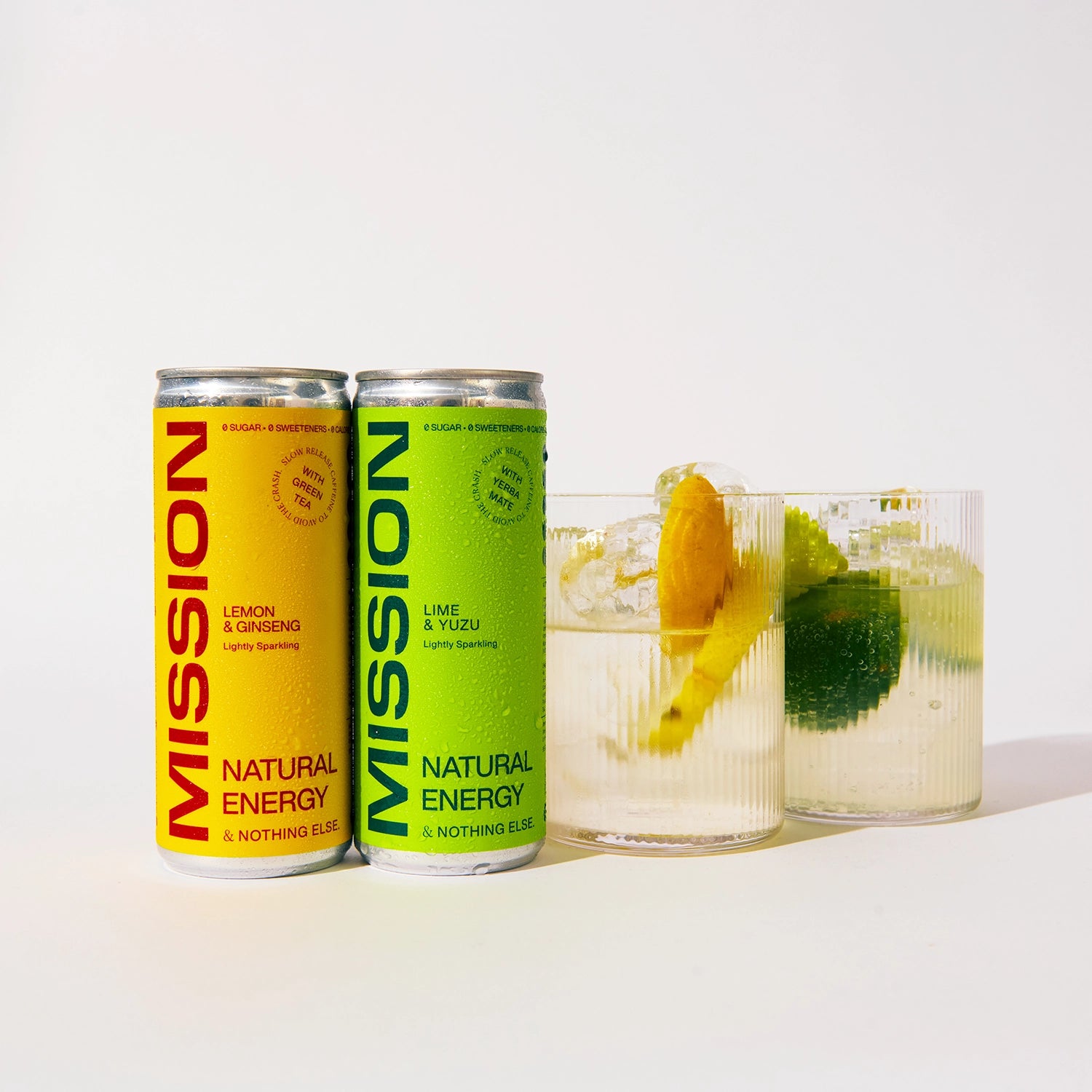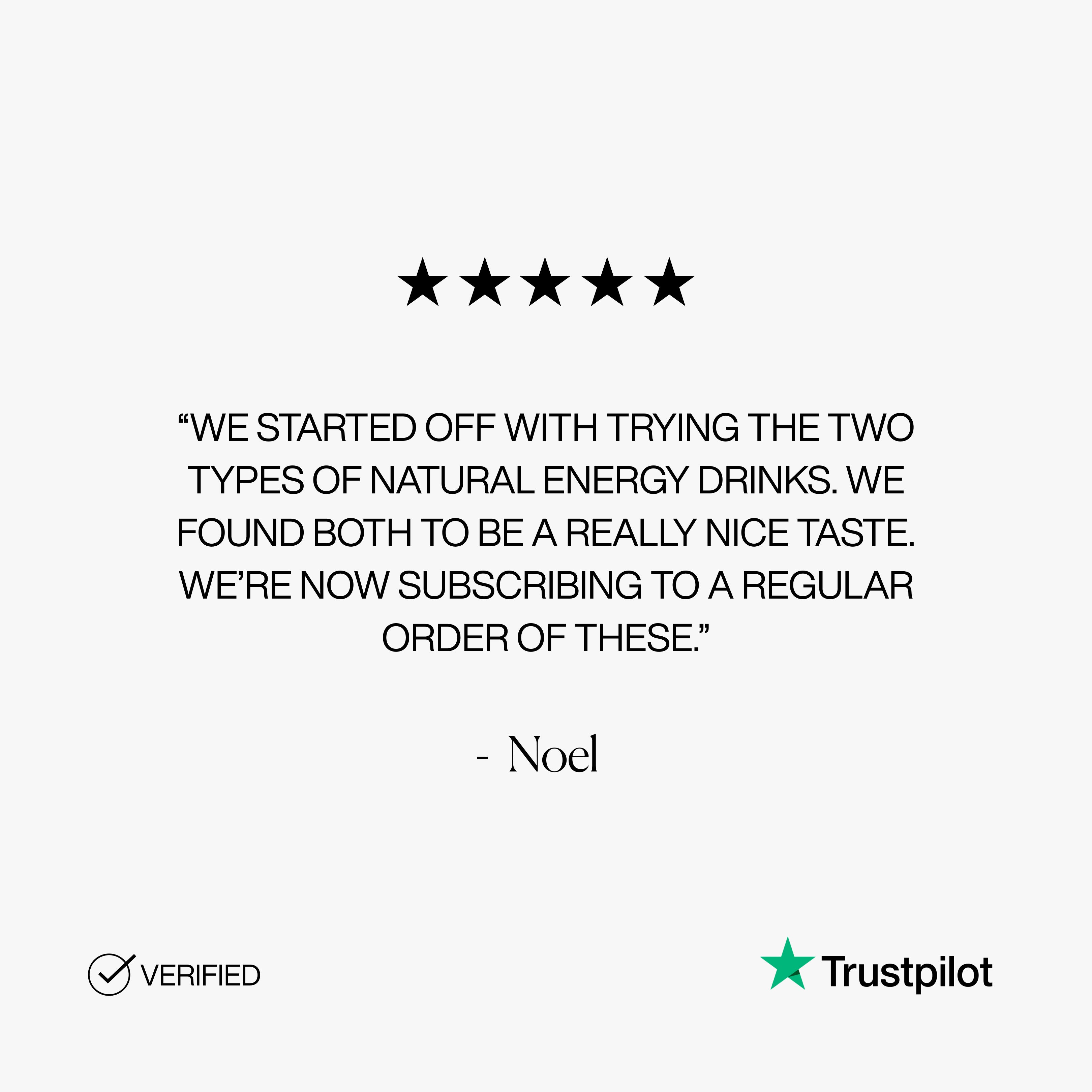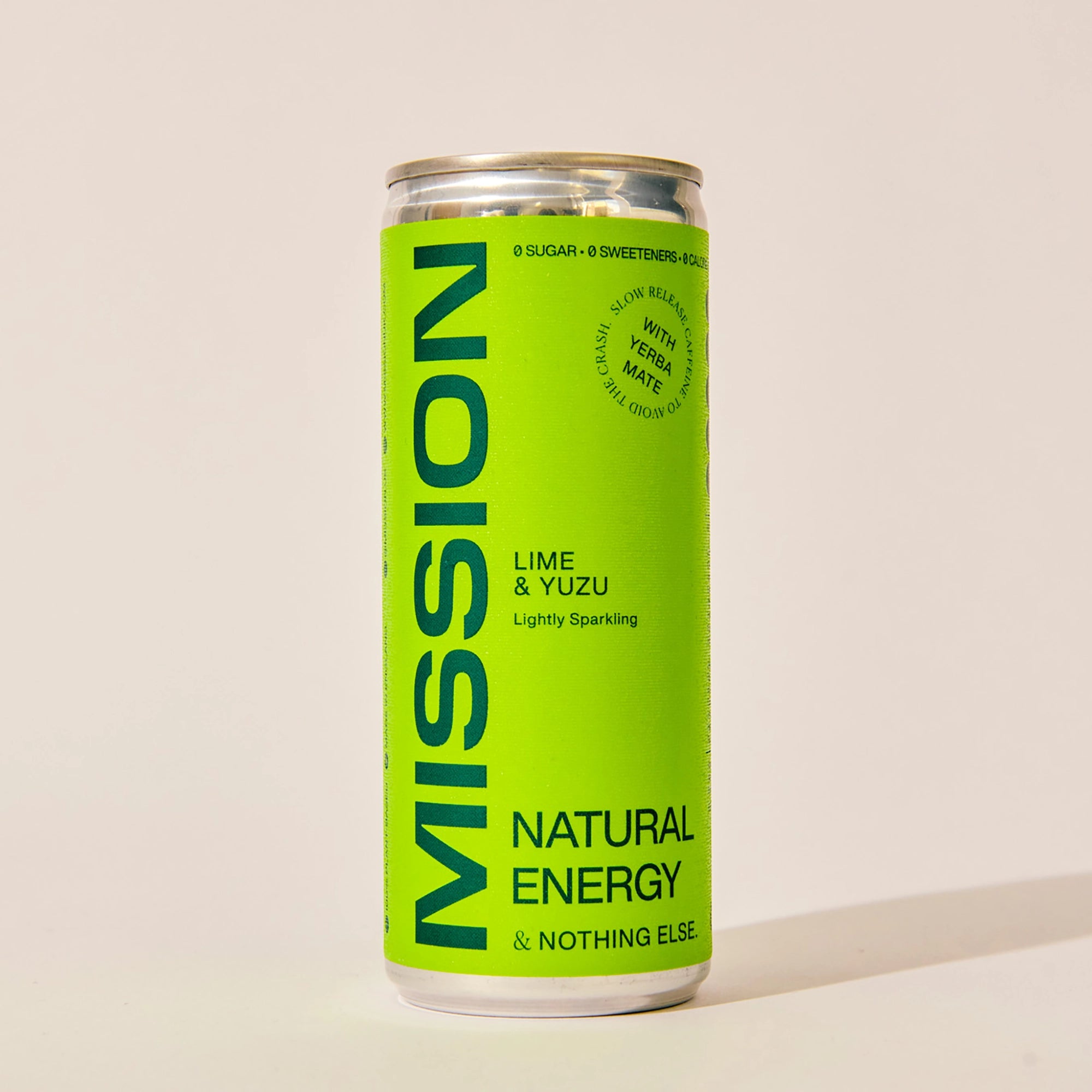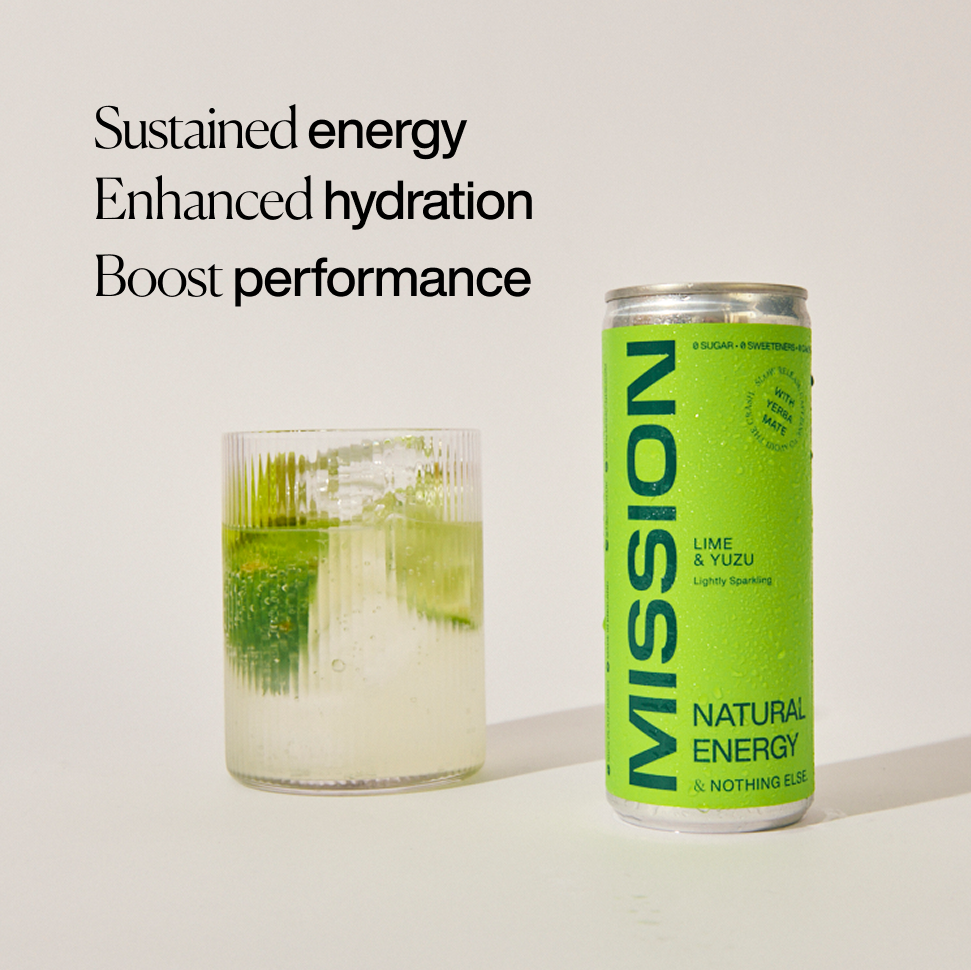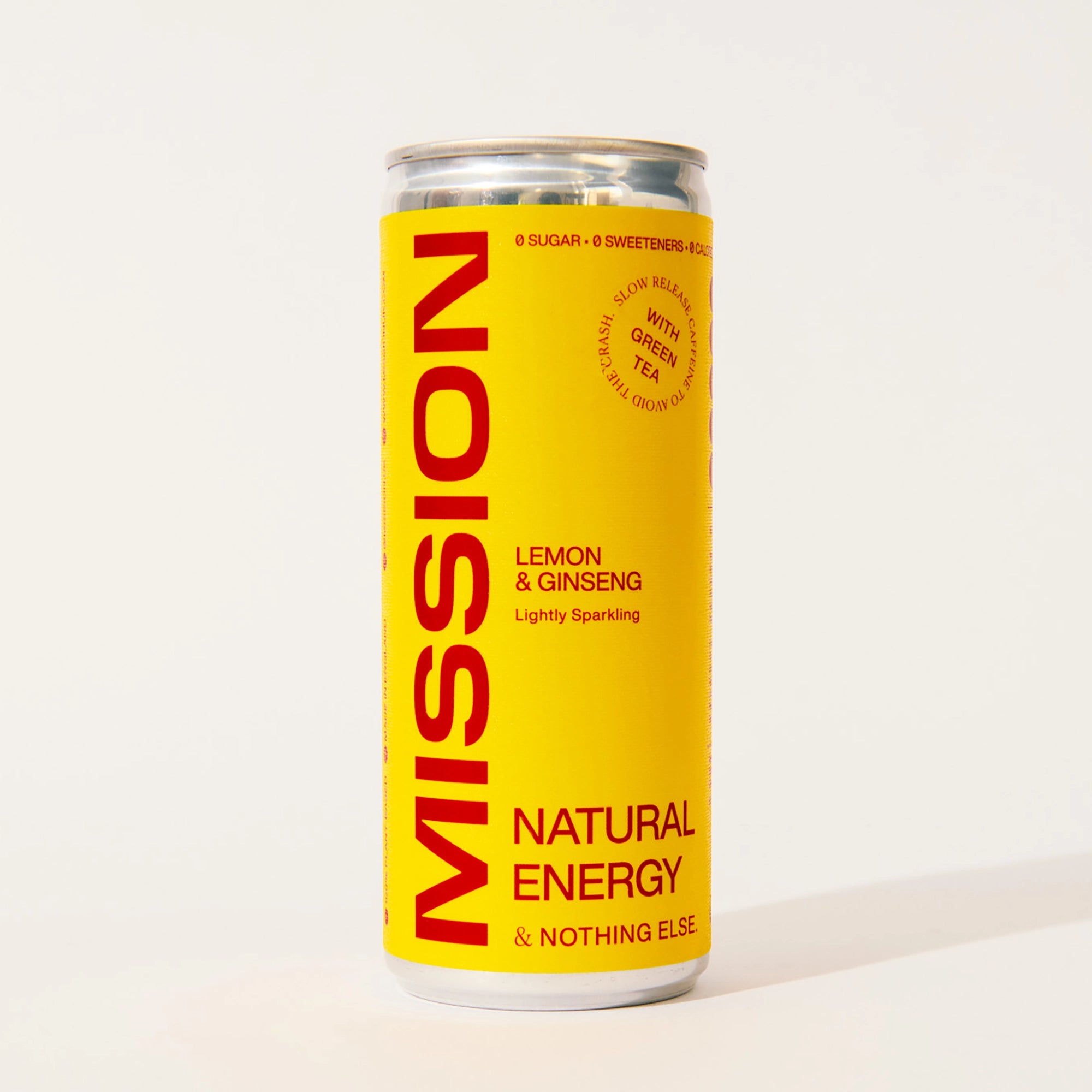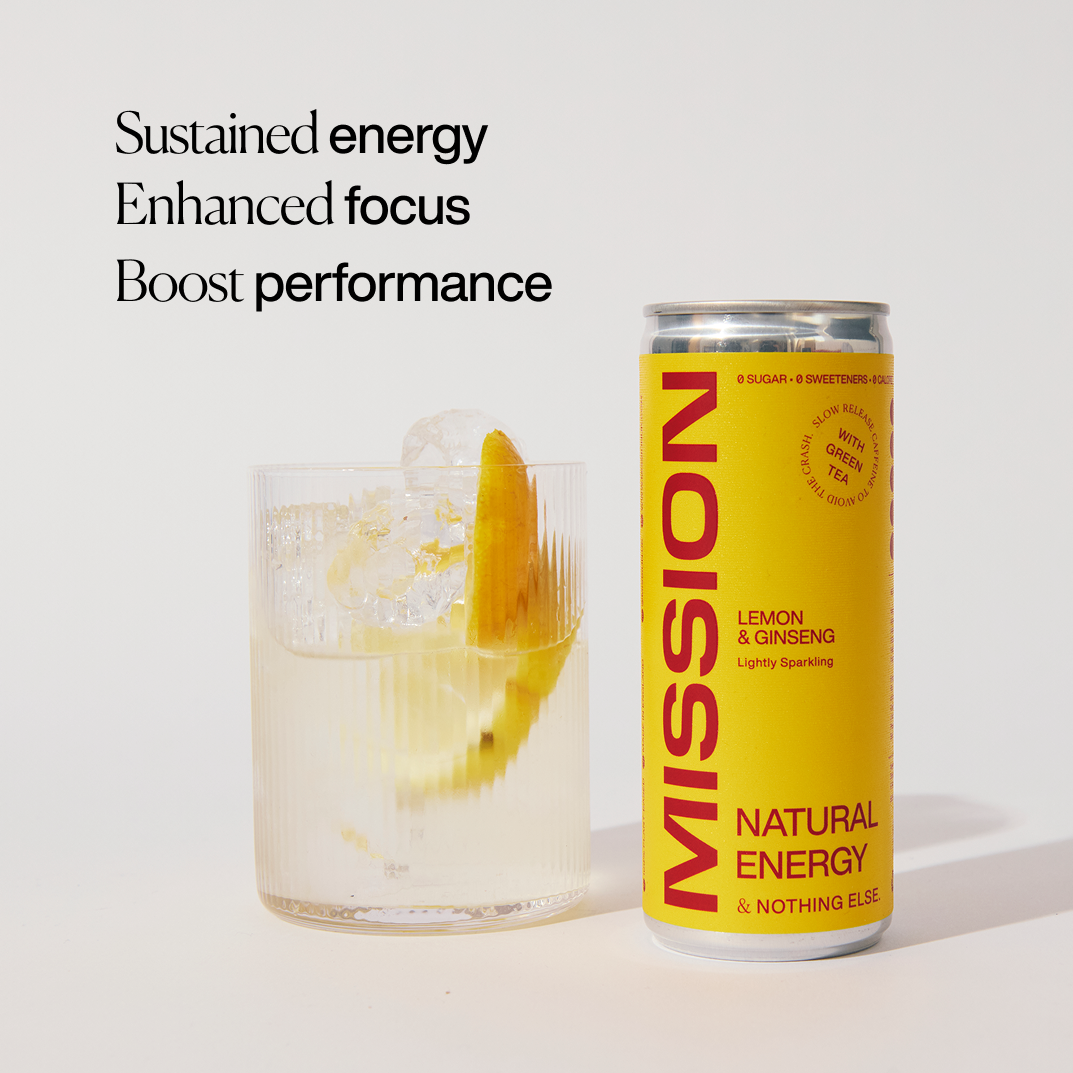Unraveling the Truth: Debunking the Top 5 Yerba Mate Myths
Is Yerba Mate Good For You?
Yerba Mate - an incredibly powerful, natural stimulant that is growing in popularity. It has long been the national drink of many South American countries, where it is native to. This herb is incredible - we talk about it a lot at Mission. It plays a key role in Our Story and Mission being born after Tom, our founder, experienced its effects when cycling the length of South America.

While it has long been one of the most popular drinks in South America, with football legends Lionel Messi, Luis Suarez and Neymar Jr swearing by it, over the last couple of years, it has been making its way over to the UK. More recently, Paul Pogba and the England football team have been spotted drinking it too.
This has led to a spike in interest, and with that comes a lot of research. It is not uncommon for supplements or drinks - particularly new ones - to face scrutiny in the performance nutrition world. As a rule of thumb, it is crucial to look into the quality of research behind certain facts, to determine how factual they really are. To help you figure out if yerba mate could be the new drink for you, we have gathered the top 5 myths about yerba mate. Hopefully this will be a helpful guide for you in your natural energy journey.
Is Yerba Mate is Highly Addictive?
MYTH 1:
Given how abundant yerba mate drinking is out in South America, it is no wonder people think yerba mate is addictive.
Yerba mate contains several active compounds, including caffeine, theobromine, and theophylline. These are natural stimulants that provide an energy boost, increase alertness, and optimise focus. It is these benefits that spur people to consume mate in the first place, and will also be why they continue to drink it. Mate itself is not ‘addictive’, people just become obsessed with the benefits they experience from it, so continue to drink it everyday, multiple times a day. Improved energy levels and focus, all without a crash in energy, or any jitters? It’s a no brainer.
Drinking mate daily is actually pretty standard behaviour in South America. It is generally considered safe and can be part of a healthy lifestyle. Mate contains antioxidants and various other nutrients that offer health benefits such as cholesterol lowering properties. The one caveat is that yerba mate does contain caffeine. The levels of caffeine are lower than that of traditional coffee, plus the caffeine within yerba mate is released over a longer period of time.
When it comes to consumption, you just need to bear in mind how much you drink (especially if you are sensitive to caffeine) and at what time, so that caffeine doesn’t interfere with your sleep.

Does Yerba Mate Causes Cancer?
MYTH 2:
This is something that we get asked pretty often. It is common for a lot of new supplements to be faced with big hitting claims, such as this one. There are many hypotheses that yerba mate causes cancer but the important thing is, these claims are all made without conclusive results. There are no valid, scientific studies that specifically look into yerba mate and are able to link it to causing cancer.
At Mission, we understand that this is a serious risk that people will consider, and we absolutely appreciate any concern over this. However, as a science-led company, you can be rest assured that we always keep an eye on the latest research, and would never include anything in our blends we aren't 100% sure on!

Is Yerba Mate is a Miracle Weight Loss Solution?
MYTH 3:
The diet and weight-loss nutrition culture is a very messy one. It is a mine-field in terms of what to believe and trust, simply because it is such a multi-faceted area, where there is no one-size fits all solution. Stimulants such as yerba mate are often thrown into the ‘miracle weight loss’ category, but really this is not the case. Drinking yerba mate alone won’t make you lose weight, but it can contribute to a healthy lifestyle, which can in turn support a sustainable weight-loss journey.
Yerba mate is a stimulant and has been shown to support a healthy metabolism. There are also some very early signs that it helps encourage your body to utilise fat stores, rather than internal/external carbohydrate stores, for energy. This is something called ‘metabolic switching’ and is thought to help athletes to go further for longer.These findings are pretty limited at the moment to animal studies or highly controlled performance environments.
While research is on-going, we cannot say how effective yerba mate is as a weight loss solution. However, there is no denying that yerba mate works as part of a healthy lifestyle, which can support people in a sustainable weight loss journey. Especially as many drinks that yerba mate replaces, such as coffees or energy drinks, contain milk, sugars and more calories than natural yerba mate.
Is Yerba Mate is a Stimulant-Free Beverage?
MYTH 4:
This myth is definitely not true. Yerba mate contains many bioactive compounds, including natural stimulants, like caffeine. However, due to the other bioactive compounds it contains, the caffeine is released more slowly into the bloodstream, enabling a more sustained ‘caffeine boost’ without the crash you get from typical caffeine sources like coffees and energy drinks.
Many people assume that it is stimulant-free, because it does not cause the same jitters that people associate with other stimulants, such as taurine, yohimbine (often used in pre-workout powders), or beta-alanine.

Is All Yerba Mate is the Same?
MYTH 5:
Those of you who have consumed or even researched yerba mate before will be aware that there are different types of yerba mate. Variations can depend on where the leaf grew, how it is prepared and how it is cut. For example, the leaves are where most of the flavour comes from, so mates that use more leaves/less stems tend to have stronger flavours. Similarly, the more ‘dusty’ consistency of mate - i.e. the more ground up the leaves are, the more intense the flavour. This is because there is less air and more yerba per square inch.
We have briefly explained some of the different types of yerba mate below:
Brazilian Yerba Mate
Brazilian yerba mate is usually more ‘dusty’ in composition. This is usually because it is made up of more leaves (and less stems) and the leaves are ground down into a fine powder. What is most different about Brazilian yerba mate is that unlike other countries who tend to age their yerba mate, Brazilian yerba mate is fresh, resulting in more of a neon coloured powder and a bright colour of the tea.
Uruguayan Yerba Mate
Uruguayan mate consists of tiny leaves and dust, with almost no stems. Described as ‘ the espresso of mate’ due to its full bodied and bold flavour.
Argentinian Yerba Mate
Probably the most popular type of yerba mate - Argentinian blends tend to use slightly bigger leaves, helping to bring out a strong (but not as bitter) mate flavour. You’ll notice a lot of Argentians prepare their mate with hot water and then drink it out of a gourd with a bombilla (metal straw) to filter out some of the larger pieces of yerba.
Paraguayan Yerba Mate
In terms of texture and consistency, Paraguayan mate is similar to Argentinian with many twigs, leaves, and stems making up the tea mixture. The biggest difference is that they brew theirs with cold water. It is also pretty common for them to add other herbs, sources, sugar and other sweet things (e.g. fruit juice) to their mate.
With stems
This type of mate consists of more components of the plant. The result is a mate of thick leaves and stems / twigs, with less ‘dust’ (finely ground leaves). This type of mate would usually be consumed with a bombilla to help filter out the larger parts.
Without Stems
Mate ‘without stems’ uses thinner leaves, and therefore has more yerba mate per square inch. This results in a more intense flavour, since the leaves are where it comes from.
Air Dried
Takes longer to process, and tends to have a milder taste compared to smoked yerba mate. With air-dried yerba mate, no smoke comes into contact with the plant's leaves and stems, and so this type of processing is said to be healthier.
Smoked
With smoked yerba mate, a wood fire generates heat and smoke, which are blown over the leaves and stems. This results in a different flavour when consumed as a tea. It is also much faster than air-drying mate.
Trying Yerba Mate
Yerba mate is being heavily researched and with the rate at which popularity and awareness is growing, will continue to be for a long time. So far, it is clear that there are a number of health benefits to drinking mate. This is why it is a staple across many of our range at Mission. Try it in our best-selling blend, Perform.




